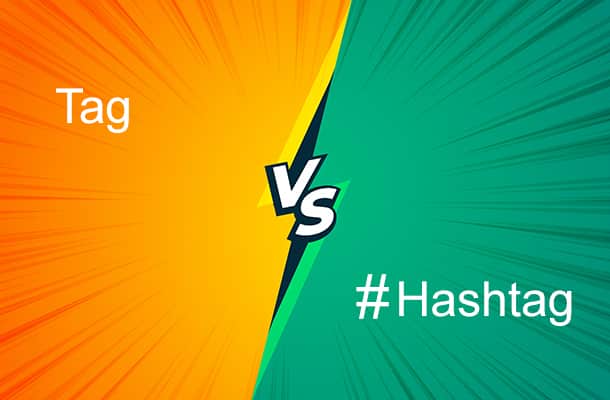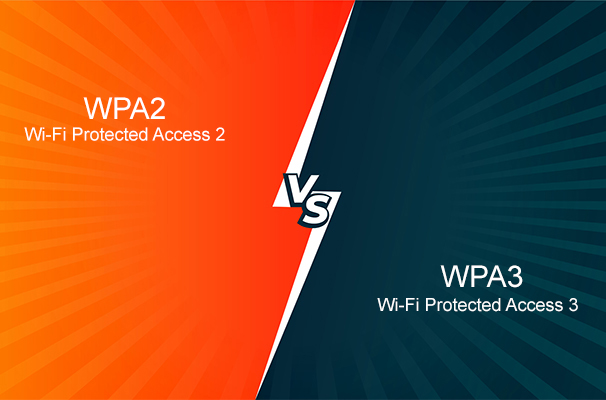Navigating the realms of digital marketing and content creation involves understanding key concepts like tags and keywords. While these terms are often used interchangeably, they serve distinct roles that can enhance your website’s SEO and user experience. This article explores the differences between tags and keywords, their respective functions, and how to use them effectively.
What Are Keywords?
Keywords are specific terms or phrases that users enter into search engines to find relevant information. They act as the foundation of SEO by aligning your content with what people are actively searching for online. Essentially, keywords represent the primary topics or ideas encapsulated in your content.
Examples of Keywords
- “Digital Marketing Tips”
- “How to Bake Bread”
- “Best Laptops for Gaming”
The Role of Keywords in SEO
Keywords are crucial for SEO because they help search engines understand and rank your content. When you integrate keywords naturally into your content, they serve as signals to search engines, guiding them on what your page is about. Effective keyword usage can significantly enhance your visibility in search engine results pages (SERPs), driving organic traffic to your site.
Best Practices for Using Keywords
- Perform Keyword Research: Use tools like Google Keyword Planner, Ahrefs, or SEMrush to identify relevant keywords with good search volume and manageable competition.
- Integrate Naturally: Ensure keywords fit seamlessly into your content to avoid keyword stuffing, which can lead to penalties.
- Focus on User Intent: Select keywords that align with the search intent of your audience to improve engagement and conversion rates.
What Are Tags?
Tags are labels or categories used to organize content within a website or blog. Unlike keywords, which are embedded within the content, tags are assigned to the content externally and are visible to users. Tags help categorize and group related content, making it easier for visitors to navigate your site and find related posts or articles.
Examples of Tags
- “SEO”
- “Content Marketing”
- “Recipes”
How Tags Enhance User Experience
Tags improve user experience by providing a systematic way to navigate through related content. They act as internal links, guiding users to other articles or posts with similar themes. This organization helps reduce bounce rates by encouraging users to explore more content within your site.
Effective Use of Tags
- Be Consistent: Use a consistent tagging system to ensure easy navigation and avoid confusion.
- Avoid Over-Tagging: Use a reasonable number of tags to categorize content without overwhelming users.
- Link Tags to Relevant Content: Ensure that tags lead to genuinely related posts to enhance user satisfaction.
Differences Between Tags and Keywords
- Definition
- Keywords: Words or phrases used within the content to define its subject and enhance SEO.
- Tags: Labels assigned to content to categorize and organize it within the website.
- Role in SEO
- Keywords: Vital for optimizing content for search engines and improving SERP rankings.
- Tags: Primarily used for organizing content and improving user navigation, with a lesser impact on SEO.
- Placement
- Keywords: Embedded within the text and headings of the content.
- Tags: Assigned to content externally and visible to users for navigation.
- Usage
- Keywords: Limited in number, carefully selected based on relevance and search volume.
- Tags: More flexible in number, used liberally to categorize and link related content.
- Function
- Keywords: Help search engines understand and rank the content.
- Tags: Help users navigate and find related content on the site.
- Customization
- Keywords: Based on thorough keyword research and relevance to content.
- Tags: Freely created by the author based on the themes or topics of the content.
Comparison Table of Tags and Keywords
| Parameter | Keywords | Tags |
| Definition | Terms used within the content to define its subject | Labels assigned to categorize the content |
| Role in SEO | Vital for search engine optimization | Lesser role, primarily for content organization |
| Placement | Embedded within the content | Assigned to content externally |
| Usage | Universal across web content | Mainly used in blogs and organized platforms |
| Function | Aid search engines in ranking content | Aid users in navigating related content |
| Customization | Based on keyword research and relevance | Freely created by the author |
Using Keywords and Tags Together
While keywords and tags serve different purposes, they can be used synergistically to enhance both SEO and user experience. Keywords should be integrated into the content to optimize it for search engines, while tags should be used to organize and categorize the content for easier navigation.
Tips for Combining Keywords and Tags
- Keyword Placement: Ensure keywords are used in key areas such as titles, headings, and throughout the text.
- Tag Relevance: Assign tags that accurately represent the themes or topics of your content.
- Avoid Redundancy: Don’t use tags as keywords or vice versa unless they naturally fit both roles.
Common Pitfalls to Avoid
- Keyword Stuffing: Overusing keywords can lead to penalties from search engines. Focus on natural integration and relevance instead of keyword density.
- Over-Tagging: Using too many tags can confuse users and clutter the site. Stick to a manageable number of tags that genuinely categorize the content.
Frequently Asked Questions
Are keywords more important than tags for SEO?
Keywords are more critical for SEO as they help search engines understand and rank your content. Tags, while useful for organizing content, have a lesser impact on SEO.
Can I use the same words for keywords and tags?
Yes, you can, but remember that keywords should be integrated into the content, while tags are used to categorize it externally.
How many keywords and tags should I use per post?
Aim for a keyword density of 1-2% in your content. For tags, use as many as needed to categorize the content accurately but avoid over-tagging.
Can overusing keywords or tags harm my website’s SEO?
Overusing keywords (keyword stuffing) can lead to SEO penalties. Overusing tags won’t incur penalties but can confuse users and dilute the effectiveness of your tagging system.
What is the difference between meta keywords and tags?
Meta keywords are specific meta tags in the HTML code, not visible to users. Tags are visible labels used to categorize content within the site.
Are keywords necessary if I’m using tags?
Yes, keywords are still necessary for SEO, even if you’re using tags. They serve different purposes and complement each other in content optimization and organization.
Final Thoughts
Understanding the differences between tags and keywords is crucial for effective digital marketing and content creation. Keywords are essential for SEO, helping search engines rank your content, while tags are invaluable for organizing content and enhancing user experience. By using both strategically, you can improve your website’s visibility and provide a seamless browsing experience for your users.





